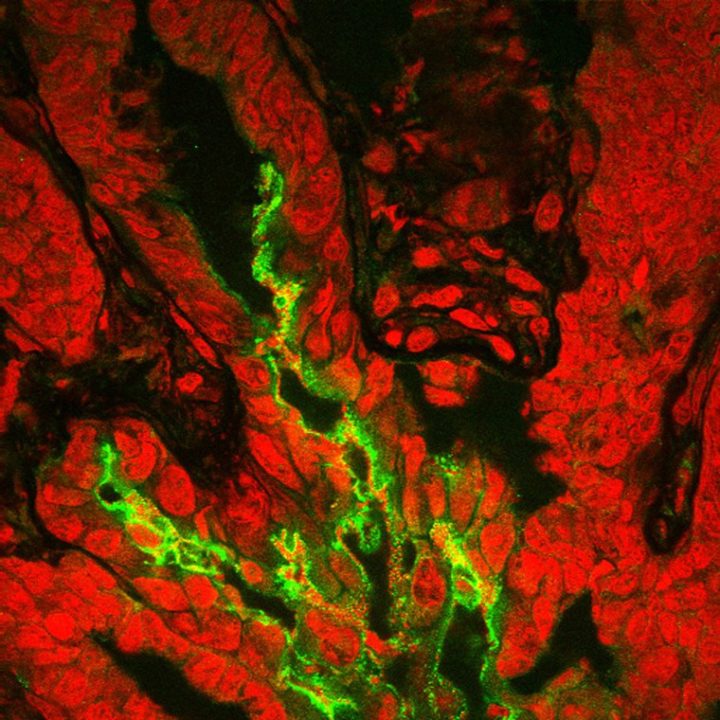Most people have suffered with digestive problems at some point, and research shows that a shortage of ‘good’ bacteria in the gut may be partly to blame. For two decades, Professor Glen Gibson has led research on prebiotics – fuel for our bodies’ beneficial bacteria.
Pioneering work by the team, including over 50 studies involving the likes of food manufacturers Nestle, Clasado and Kellogg’s, has led to the development of BiMuno, a prebiotic product for treating traveller’s diarrhoea.
BiMuno is a non-digestible carbohydrate which acts as a prebiotic. After being eaten, it passes unchanged to the large intestine, where it is an energy source for beneficial bacteria, specifically boosting numbers of a type called colonic bifidobacteria.
Now an established prebiotic product used by consumers worldwide, BiMuno sales were worth £6.3 million between 2014 and 2019 and it counts among its consumers the elite athletes in Team GB, who used it to protect against tummy bugs during the Rio 2016 Olympics. Spin-off prebiotic products made by other companies incorporating BiMuno now help relieve the symptoms of irritable bowel syndrome and other gut disorders for consumers worldwide.
The opportunities presented by prebiotics for improving human health and wellbeing has not escaped the attention of policymakers. Reading’s Professor Gibson and Professor Gemma Walton are two of three scientific advisors on the All-Party Parliamentary Group on the Human Microbiome and have lent their expertise to briefings, speeches and inquiries, including on the use of pro/prebiotic supplements for helping to combat COVID-19 infections.
Find out more
Pioneers, Prebiotics, Probiotics and Products (research highlight, 2018)
Gut-Brain research boost with new industry partnership (press release, Sept 2020)
View the full impact case study on the REF 2021 website: Developments in prebiotic research for modulating the human gut microbiome and increasing awareness of potential health benefits

